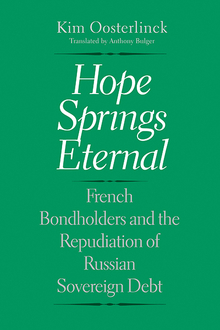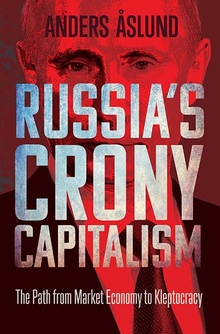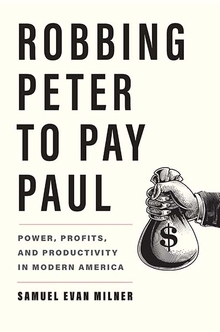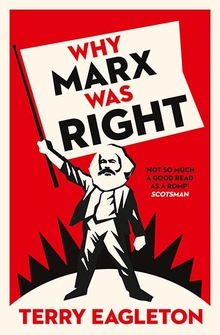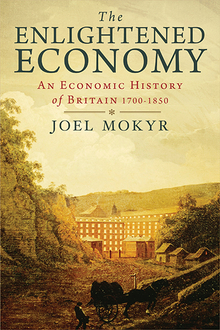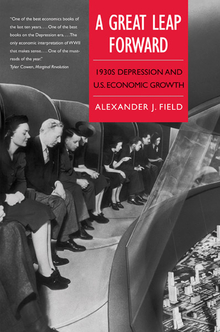How to Change the World
WARNING
You are viewing an older version of the Yalebooks website. Please visit out new website with more updated information and a better user experience: https://www.yalebooks.com
Reflections on Marx and Marxism
Eric Hobsbawm
A penetrating reassessment of Marxist thought and its relevance today, by a world-renowned historian of Marxism
"We need to take account of Marx today," argues Eric Hobsbawm in this persuasive and highly readable book. The ideas of capitalism's most vigorous and eloquent enemy have been enlightening in every era, the author contends, and our current historical situation of free-market extremes suggests that reading Marx may be more important now than ever.
Hobsbawm begins with a consideration of how we should think about Marxism in the post-communist era, observing that the features we most associate with Soviet and related regimes—command economies, intrusive bureaucratic structures, and an economic and political condition of permanent war—are neither derived from Marx's ideas nor unique to socialist states. Further chapters discuss pre-Marxian socialists and Marx's radical break with them, Marx's political milieu, and the influence of his writings on the anti-fascist decades, the Cold War, and the post–Cold War period. Sweeping, provocative, and full of brilliant insights, How to Change the World challenges us to reconsider Marx and reassess his significance in the history of ideas.
"[T]his collection shows [Hobsbawm] is a brilliant writer, erudite critic and, as he approaches his 94th birthday, a joyfully unrepentant communist. . . . [How to Change the World] is a book anyone interested in politics could and should devour. It is charmingly optimistic and constantly lucid, and contains the distilled wisdom of a great thinker, thinking about a great thinker." Amol Rajan, Independent
"How to Change the World is the best book on Marx and his legacy that I have read in years. Elegantly written, balanced in its judgments, and exhibiting exceptional erudition and knowledge, this is a major work by one of the great European historians of our time."—Stephen Eric Bronner, Distinguished Professor (PII) of Political Science, Rutgers University
Hobsbawm’s ‘lucid intelligence shines through’ --Francis Wheen, the Financial Times
". . . the cumulative description of how Marxism has adapted over time persuades us of its continued relevance as a critique of our society in an era in which many think, as Hobsbawm writes, ‘capitalism is not the answer but the question’." Ben Felsenberg the Metro
Publication Date: October 30, 2012


